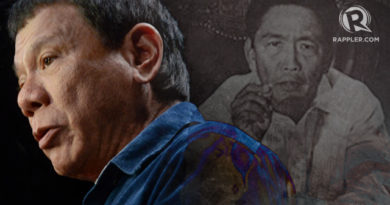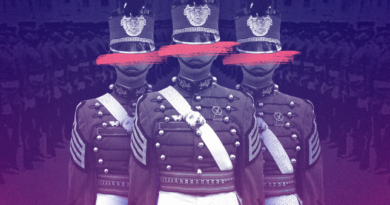DU30’S DRUG WAR-EJK | International Criminal Court (ICC) prosecutor Khan rejects PH gov’t’s plea to halt drug war probe
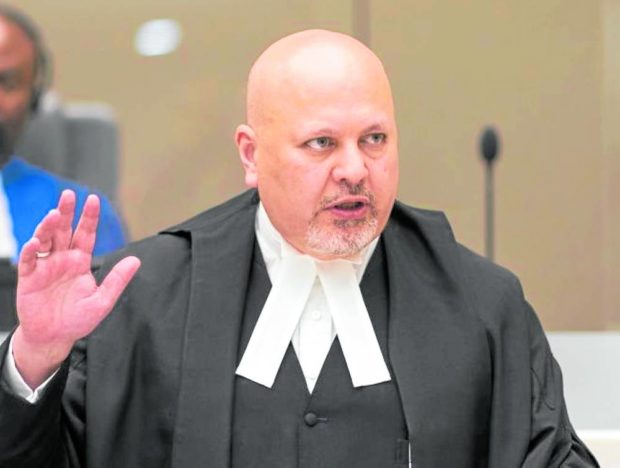
International Criminal Court Prosecutor Karim Khan. Photo from ICC-CPI
.
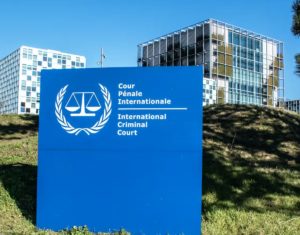
MANILA, Philippines — International Criminal Court (ICC) Prosecutor Karim Khan has rejected the Philippine government’s appeal to halt the United Nations-backed tribunal’s ongoing investigation into the “drug war” under the Duterte administration.
Instead, Khan has recommended that the ICC Appeals Chamber affirm the Pre-Trial Chamber’s authorization to continue the investigation in the Philippines, indicating a strong commitment to holding those responsible for crimes against humanity accountable.
SolGen: Philippines will pursue drugs war appeal with ICC
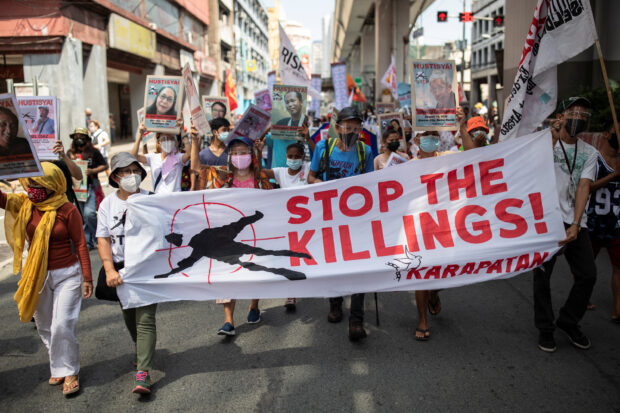
FILE PHOTO: Protesters calling to stop extra-judicial killings march towards the presidential Malacanang Palace during a protest to commemorate President Rodrigo Duterte’s final year in office, in Manila, Philippines, June 30, 2021. REUTERS/Eloisa Lopez
.

“The Prosecution respectfully requests the Appeals Chamber to reject the Appeal and confirm the Pre-Trial Chamber’s authorization of the resumption of the Prosecution’s investigation in the Situation in the Philippines,” wrote Khan in a 59-page document justifying his response to the Philippine government’s appeal.
The Philippine government presented four main arguments in its appeal. Mainly, it asserted that the Pre-Trial Chamber committed the following errors in authorizing the drug war probe:
- Deciding that the ICC has jurisdiction over the Philippines and that the Rome Statute still applies
- Saying that the Philippine government carries the burden of proof
- Relying on an admissibility test for a case under the Rome Statute’s rules
- Consideration of the different factors, including the Philippines’ willingness to carry out its investigation of the drug war
READ: Justice delayed: What the ICC probe means to drug war victims’ families (Part 1)
.
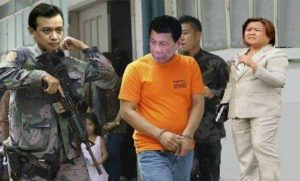
For the first argument, Khan insisted that “the Court has jurisdiction in this situation because the authorized investigation relates to alleged crimes under the Rome Statute committed on the territory of the Philippines from 1 November 2011 to 16 March 2019. The Philippines’ withdrawal became effective only on 17 March 2019.”
In the document published on April 4 (Netherlands time), Khan also countered the Philippine government’s second argument, explaining that the decision was based on the correct interpretation of the Rome Statute. He added that the Philippines could also not “show that any error in this regard materially affected the Decision.”
Similarly, the Philippine government failed to show any error regarding its third argument on the Pre-Trial Chamber’s end.
“In any event, the Philippines does not show that any error with regard to the Chamber’s analysis of specific documents or areas of inquiry materially affected the Decision. The Chamber concluded on the basis of multiple factors that the Philippines’ investigation did not sufficiently mirror the Court’s intended investigation,” wrote Khan.
READ: Justice denied: What the ICC probe means to drug war victims’ families (Part 2)
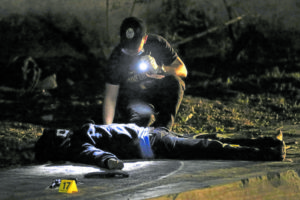
INQUIRER PHOTO/RAFFY LERMA
.
Lastly, the ICC prosecutor rejected the Philippine government’s fourth argument because it was unnecessary to ask whether the country was willing to conduct its probe.
“Consistent with the established two-step process developed by the Court, under the guidance of the Appeals Chamber, it correctly determined that it was not necessary to enter into questions of the ability or willingness of the Philippines to carry out investigations since there was not a sufficient activity,” wrote Khan.
He stressed that nothing about the Philippine drug war was “marginal,” given the gravity of the alleged crimes. He further pointed out that Philippine government officials as high as former president Rodrigo Duterte played a role in the brutal anti-drug campaign to a certain degree.
“Nothing about these crimes, committed in large part by law enforcement personnel entrusted with protecting citizens from violence, suggests that the potential cases before the Court are of marginal gravity. To the contrary, they are extremely serious, and appear to have been at the very least encouraged and condoned by high-level government officials, up to and including the former President,” Khan stated.
Duterte’s war on drugs was marred by massive reports of human rights violations, including the deaths of thousands of alleged drug suspects, which earned widespread condemnation within and outside the Philippines.
 Ads by: Memento Maxima Digital Marketing
Ads by: Memento Maxima Digital Marketing
@[email protected]
SPACE RESERVE FOR ADVERTISTMENT
.
RELATED STORIES
Justice for the dead in Duterte drug war hangs as gov’t seeks to shut ICC down
EU rights rep: ‘So few’ prosecutions for EJKs ‘worrying’, victims deserve justice

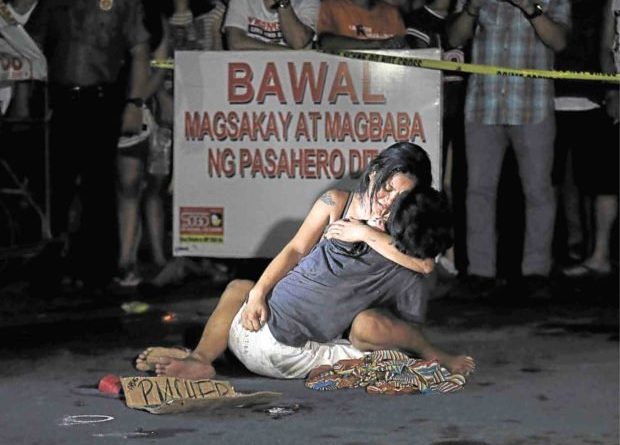
 Memento Maxima Digital Marketing
Memento Maxima Digital Marketing




